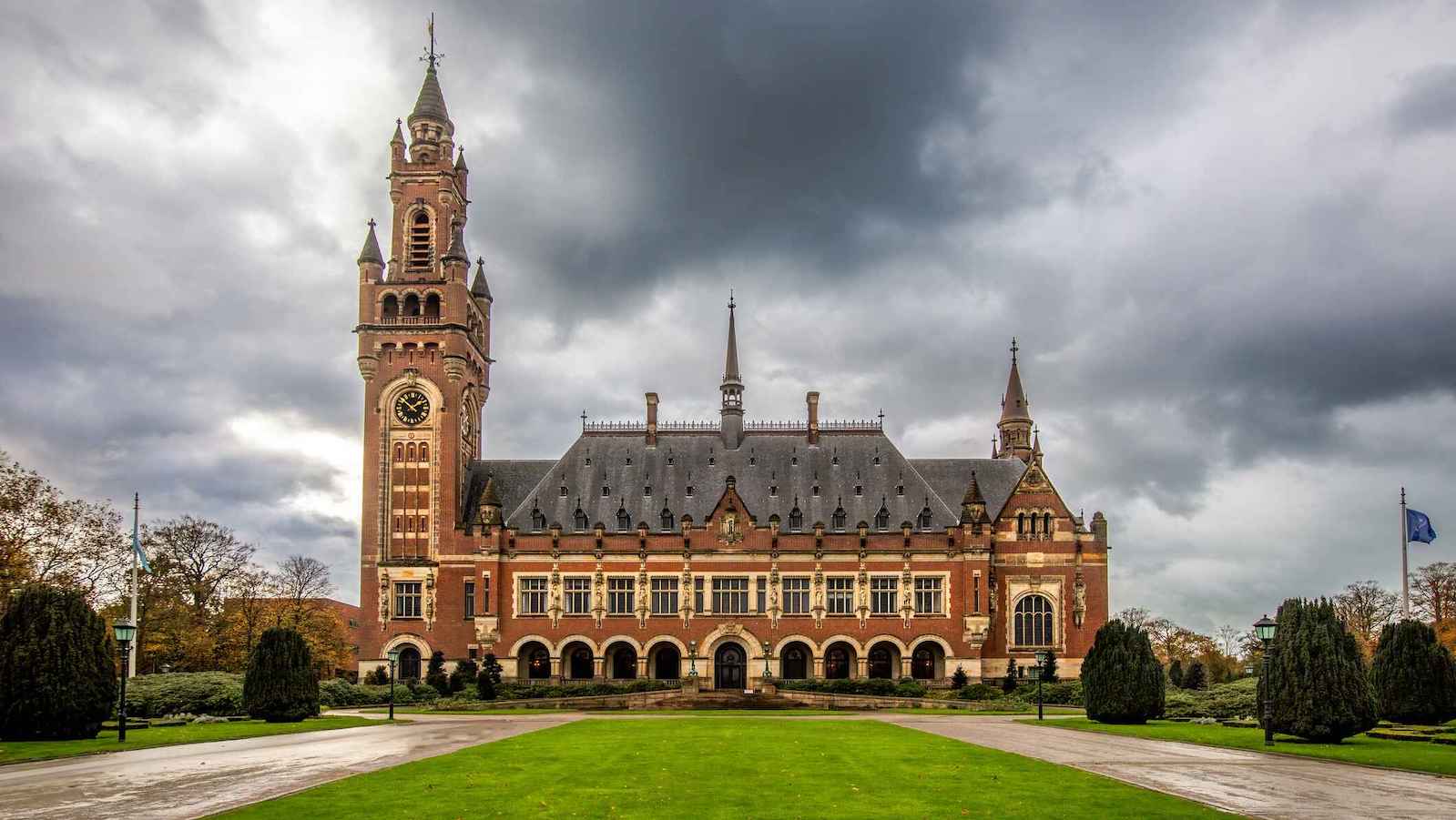- cross-posted to:
- [email protected]
- cross-posted to:
- [email protected]
An international court will decide what nations owe to future generations.
In addition
Small island nations lead fight for climate justice at UN’s top court
Fittingly, the Pacific island nation of Vanuatu – heavily impacted by rising temperatures – opened proceedings at the Peace Palace in The Hague. The campaign to bring the issue before the UN’s top court began in 2019 with law students at the University of Vanuatu in Port Vila. Their drive led to a UN General Assembly resolution in 2023 asking the ICJ for a formal opinion on the legal obligations of states to protect the climate system.
The court will also consider whether large polluting nations can be held liable for damages to vulnerable countries like small island states. On the eve of the hearings in the Dutch city, students from Vanuatu gathered near the court along with other activists. “In small islands like Bonaire and like Vanuatu, there’s no time to say: ‘Oh, we hope that in 10, 15 or 20 years things will be settled’," Kjell Koon, from the Caribbean island of Bonaire, told RFI. “No, we need help now. We need a solution now and we need to create a world where we and future generations can live in peace and harmony.”
Ralph Regenvanu, Vanuatu’s special envoy for climate change and the environment, said it was imperative that fossil fuels be phased out and more money provided to poorer nations bearing the brunt of climate change. “We are hoping the ICJ can provide a new avenue to break through the inertia we experience when trying to talk about climate justice,” he told the Reuters news agency.
Although the ICJ’s opinions are non-binding, they are legally and politically significant. Lawyers say the ICJ’s eventual ruling will likely be cited in lawsuits about the effects and impacts of climate change. Fiji’s Attorney General, Graham Leung, called the hearings an historic opportunity for small island developing states in their quest for justice.
The hearings follow the Cop29 summit, where a $300 billion climate finance plan by 2035 was criticised as inadequate by developing nations.
As well as small island states and developing countries, the court will also hear from the United States and China – the world’s top two emitters of greenhouse gases. The oil producer group OPEC will also give its views. The 15 judges at the ICJ will hear submissions until 13 December and deliver their decision next year.
“We represent communities where every fraction of a degree of warming translates to real losses: homes swallowed by the sea, crops destroyed by salinity, and cultures at risk of extinction,” said Dylan Kava, a regional facilitator for the Climate Action Network. “Pacific nations are left grappling with escalating costs of adaptation and recovery, often relying on meagre resources and the resilience of our people."
It’s gonna die there too



